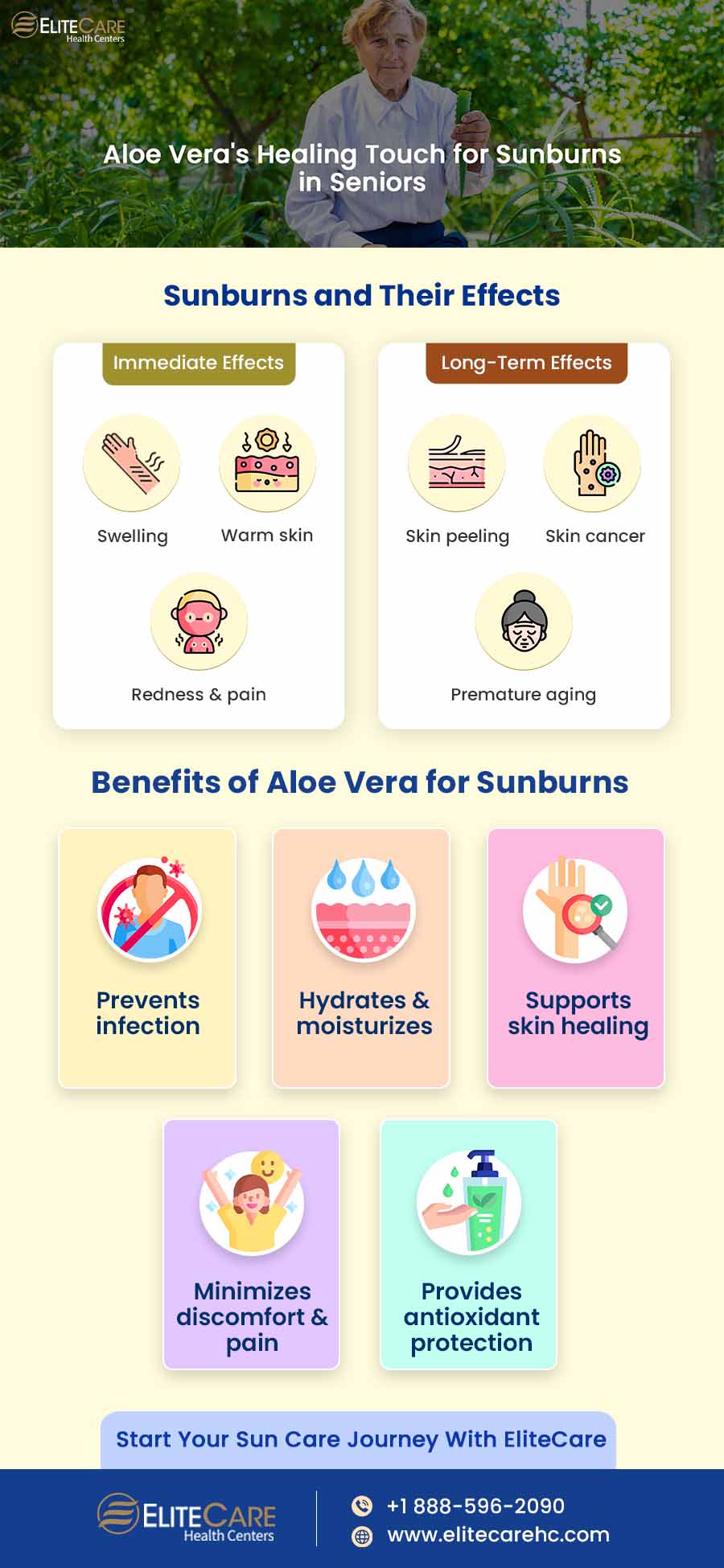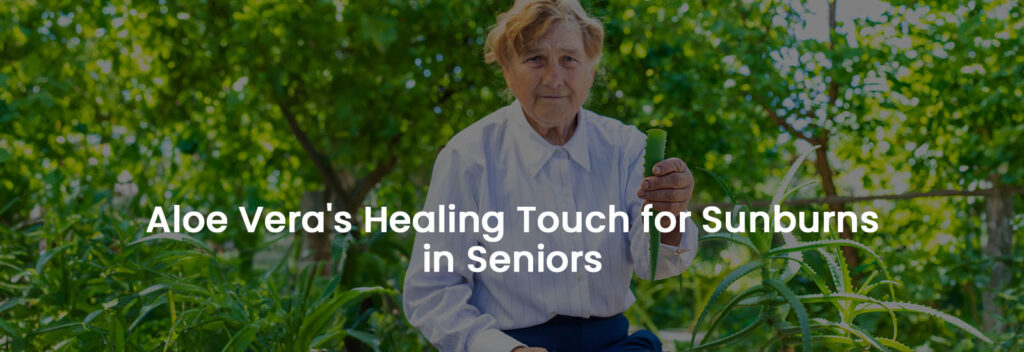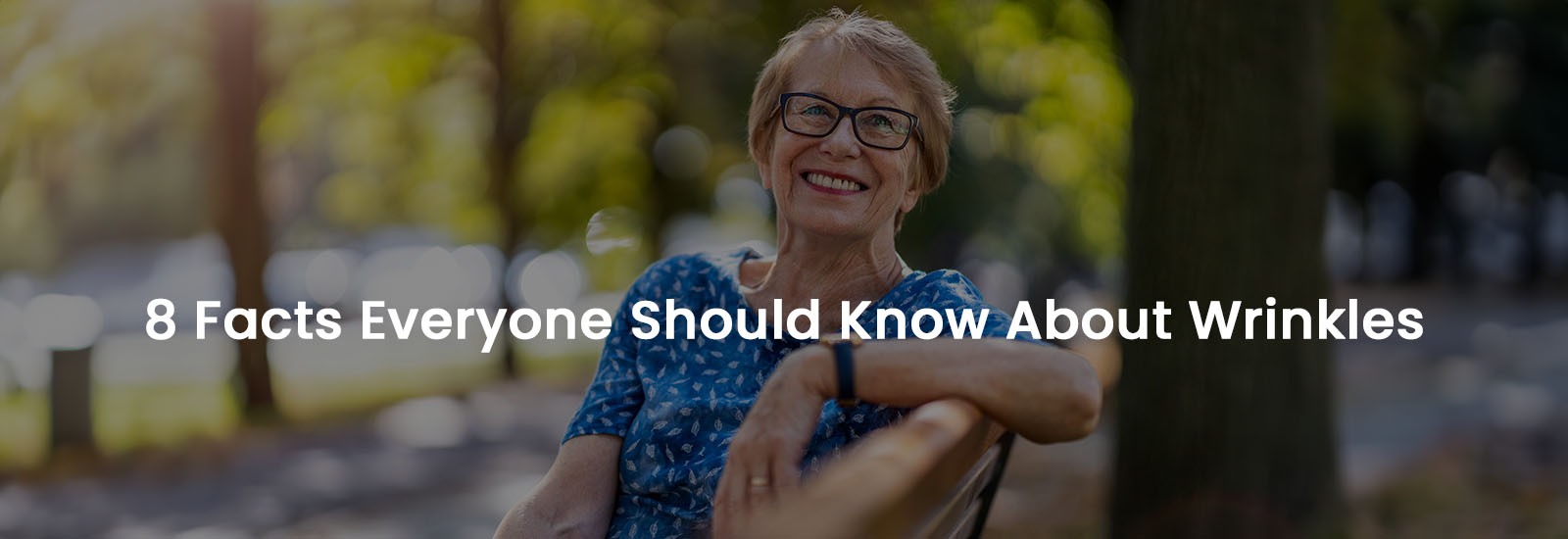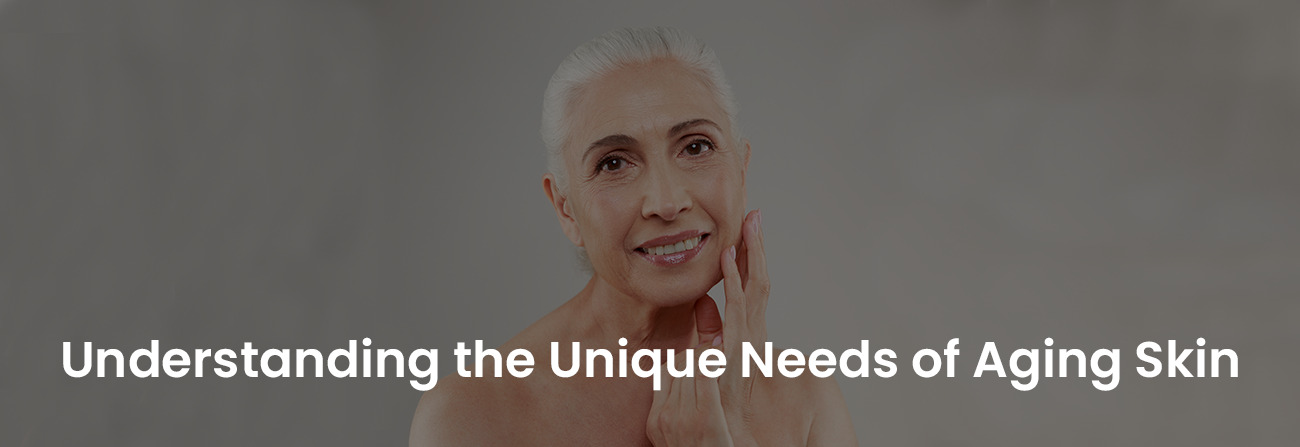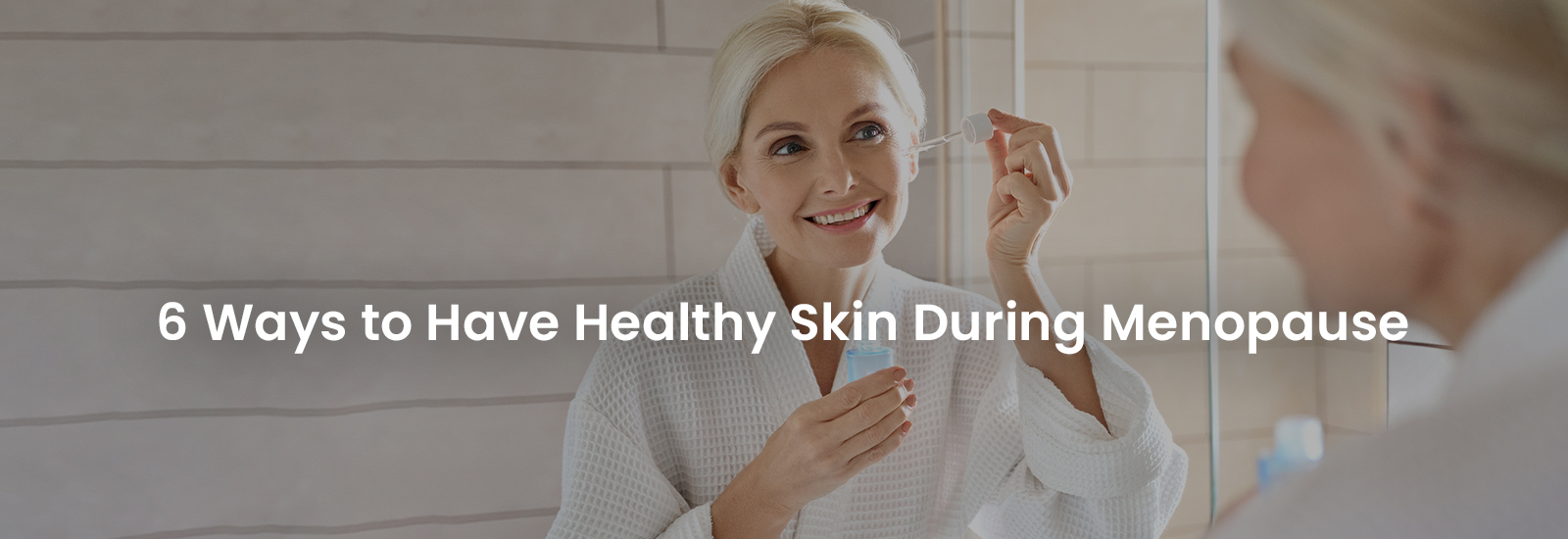
Golden years bring wisdom, experience, and specific body changes, making us more susceptible to various health concerns. One such concern that seniors need to be particularly cautious about is sunburn. While enjoying the outdoors and soaking in the sun’s warmth can be rejuvenating, older adults must be mindful of the potential risks of prolonged sun exposure.
With age, skin becomes thinner, loses elasticity, and becomes more vulnerable to damage from the sun’s harmful ultraviolet (UV) rays. The consequences of sunburn can range from discomfort and pain to more severe complications like skin cancer.
Let us emphasize the importance of sun protection for older adults and shed light on Aloe vera – a natural remedy that can provide comfort and relief.
The Vulnerability of Seniors to Sunburns
With age, the skin undergoes various changes that make it more vulnerable to the harmful effects of sun exposure. Seniors, in particular, need to be mindful of these changes and take extra precautions when going outdoors. Reasons, why older adults are more sunburned are as follows:
- Thinning Epidermis: The top layer of the skin, called the epidermis, becomes thinner with age. This thinning reduces the skin’s ability to absorb and retain moisture, leaving it more prone to drying out and becoming sensitive to the sun’s rays.
- Decreased Collagen and Elasticity: Collagen and elastin are proteins that provide strength and elasticity to the skin. With aging, the production of these proteins decreases, causing the skin to sag, wrinkle, and lose its ability to bounce back from damage.
- Reduced Oil Production: Sebaceous glands produce the skin’s natural oils and become less active as we age. This can lead to dry and flaky skin, which is more susceptible to damage from UV exposure.
The combination of these age-related changes in the skin’s structure and function puts seniors’ skin at high risk of complications, including:
- Sunburn:
With thinner skin and reduced protective barriers, older adults are more likely to suffer from sunburn even after short periods of sun exposure. Sunburn causes discomfort and increases the risk of more severe conditions.
- Skin Cancer:
The risk of skin cancer, including malignant melanoma, basal cell carcinoma, and squamous cell carcinoma, rises with age and cumulative sun exposure. 1 in 5 Americans develop skin cancer by the age of 70. More than 2 people die of skin cancer in the U.S. every hour. Having 5 or more sunburns doubles your risk for melanoma. Seniors who experienced significant sun exposure earlier in life may now deal with skin cancer’s consequences.
- Hyperpigmentation and Age Spots :
Sunburns can trigger the development of age spots and uneven pigmentation. These can further affect the appearance and health of the skin.
With a consultation at a medical clinic or health care center, seniors must adopt a proactive sun protection approach. By understanding their increased vulnerability to sunburns and the potential consequences, older adults can make informed choices to minimize the risks associated with sun exposure.
Sunburns and Their Effects
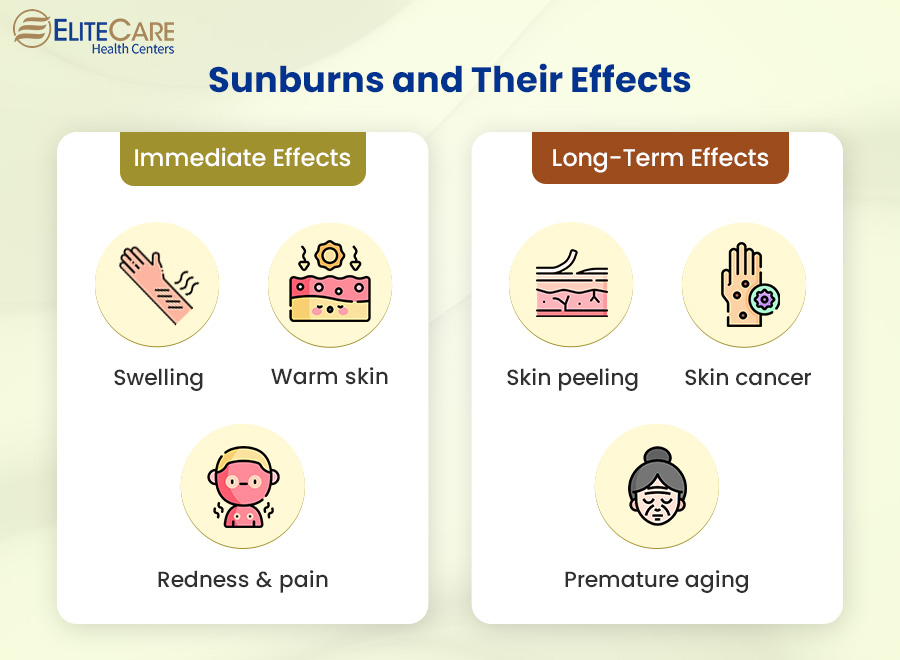
Sunburns might feel temporary, but they’re caused by complex things in our skin when we’re out in the sun, especially under its UV rays called UVB rays. These rays go into the top layer of the skin, called the epidermis, and damage the DNA inside our skin cells.
In response, the body tries to protect itself. It makes more melanin, which gives skin and hair color. Sometimes this shows up as a tan, or it might cause uneven patches of color. But if we get too much sun, the body can’t keep up with making enough melanin to protect us, and that’s when we get sunburned.
Immediate Effects
- Redness and pain
- Swelling
- Warm skin
Long-Term Effects
- The skin may start peeling
- Premature aging
- Skin cancer
Natural Remedy for Sunburns
When finding relief for sunburns, sometimes the best solutions come straight from nature. Aloe Vera, a plant known for its healing properties, offers a gentle and effective way to care for your skin.
Aloe Vera, often referred to as the “plant of immortality,” is a succulent with many beneficial compounds in its gel. The get is packed with helpful elements:
- Polysaccharides: These unique compounds help the skin stay hydrated and moisturized, essential when dealing with sunburns.
- Enzymes: Enzymes like bradykinesia found in Aloe Vera can calm the inflammation that often comes with sunburns. This natural anti-inflammatory action is a critical factor in soothing skin.
- Vitamins and Minerals: Aloe vera is a storehouse of vitamins like E and C, superfoods for the skin. They help it heal and protect it from further harm.
- Amino Acids: Essential for building proteins like collagen, amino acids in Aloe Vera contribute to skin’s resilience and aid in the repair of damaged tissues.
- Fatty Acids: These act as a shield, protecting skin from getting infected and keeping it safe while it heals.
While Aloe Vera is an excellent natural remedy, it’s important to remember that it complements but does not replace proper sun protection. Applying Aloe Vera gel is just one piece of the sunburn recovery puzzle; embracing other protective measures like sunscreen, hats, and seeking shade is essential for comprehensive skin care. And if you are ever unsure, online doctor consultation or the expertise of elite healthcare providers can guide you in using Aloe Vera effectively for your sunburned skin.
Benefits of Aloe Vera for Seniors
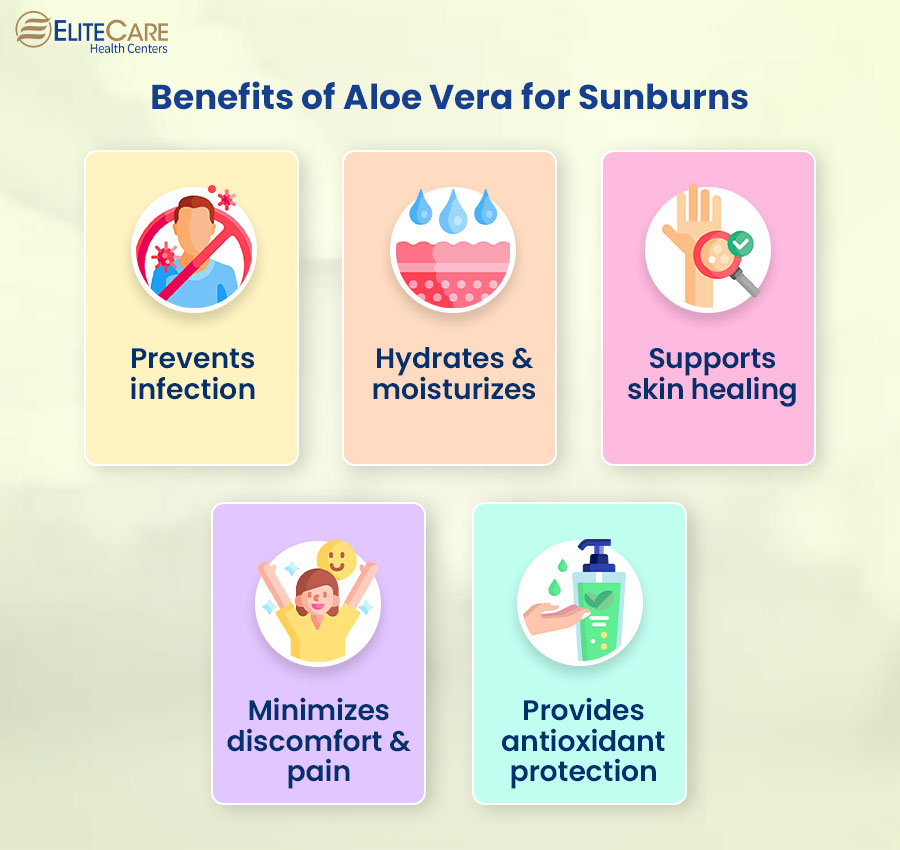
The gentle touch of the sun’s rays can be comforting and refreshing for seniors. However, the skin becomes more delicate and prone to sunburn with age. This is where Aloe Vera steps in as a trusted ally. The tailored benefits Aloe Vera offers to older adults dealing with sunburns are as follows:
1. Preventing Complications
The vulnerability of aging skin to sunburn also increases the risk of complications. Aloe Vera’s anti-inflammatory components reduce swelling and redness, minimizing the chances of infection. By addressing these concerns early, seniors can significantly lower the risk of further complications.
2. Hydrating and Moisturizing
With age, the skin tends to lose moisture more quickly, worsening the effects of sunburn. Aloe Vera’s ability to hydrate and retain moisture is a boon for seniors, preventing dryness and maintaining skin integrity.
3. Supporting Skin Healing
With age, the healing process slows down. Aloe Vera’s rich content of vitamins, minerals, and amino acids supports the body’s natural healing processes. It aids in repairing damaged skin cells, stimulating collagen production, and fostering faster recovery.
4. Minimizing Discomfort and Pain
Aloe Vera’s cooling and hydrating properties immediately relieve the discomfort and pain associated with sunburns. Seniors, whose skin may be more sensitive, can experience comfort as the gel soothes and nourishes the damaged skin.
5. Providing Antioxidant Protection
The vitamins E and C and other antioxidants help combat free radicals generated by UV radiation. This protection aids in minimizing oxidative stress and preventing further damage to the skin.
Insights into Incorporating Aloe Vera into a Senior's Skincare Routine
The health benefit of aloe vera can be harnesses with simple skincare routine such as:
- Aloe Vera Gel Application: After sun exposure or at the first signs of sunburn, gently apply Aloe Vera gel to the affected areas. The gel can be obtained directly from the plant’s leaves or store-bought Aloe Vera products.
- Aloe Vera-Based Products: Seniors can use Aloe Vera-based lotions, creams, or ointments specifically formulated for sunburn relief. These products often contain additional moisturizing and healing ingredients. Always consult your primary care center first.
- Hydration: Hydration from the inside out supports skin healing and overall well-being.
- Sun Protection: While Aloe Vera offers soothing relief, it’s essential to continue practicing sun protection. Seniors should wear protective clothing, wide-brimmed hats, and a broad-spectrum sunscreen with a high SPF.
- Consultation: If a senior experiences severe sunburn, blisters, or other complications, it’s advisable to consult a health care center nearby for guidance and treatment.
So, whether you’re a senior or an adult enjoying the outdoors or just going about your day, know Aloe Vera is your ally. For expert guidance, elite medical centers and health care clinics can provide advice to incorporate Aloe Vera effectively into the sunburn care routine.
Caution Against Potential Allergies or Sensitivities
- Patch Test: Before applying Aloe Vera to larger areas, conducting a patch test is wise. Apply a small amount on the unaffected area and wait 24 hours to check for any adverse reactions.
- Monitor for Allergies: While Aloe Vera is generally well-tolerated, some individuals may be allergic to it. If there is any redness, itching, or a rash after applying Aloe Vera, discontinue use immediately.
- Consult a Professional: If there is a history of allergies, sensitive skin, or a severe reaction, consult a dermatologist at the medical clinic before using Aloe Vera.
Additional Tips
- Cooling Effect: Put the Aloe Vera gel in the fridge before using it. The cool gel offers extra relief from the sunburn’s heat.
- Limit Sun Exposure: After applying Aloe Vera, avoid going back out into the sun. The skin needs time to heal.
- Stay Hydrated: Sip water throughout the day. Staying hydrated helps the skin recover faster.
To Sum Up
Sun protection isn’t just about avoiding discomfort but preventing long-term damage and skin cancer. Incorporating Aloe Vera into skincare routine can provide a soothing balm for sunburned skin, aiding in minimizing pain and inflammation.
Senior care services, routine and annual physical exams, at EliteCare Health Centers provide personalized guidance. These exams aren’t just about physical health and embracing holistic well-being. Primary care physician at our centers can offer expert advice on sun protection, skincare, and overall health, ensuring seniors make informed decisions tailored to their unique needs.
